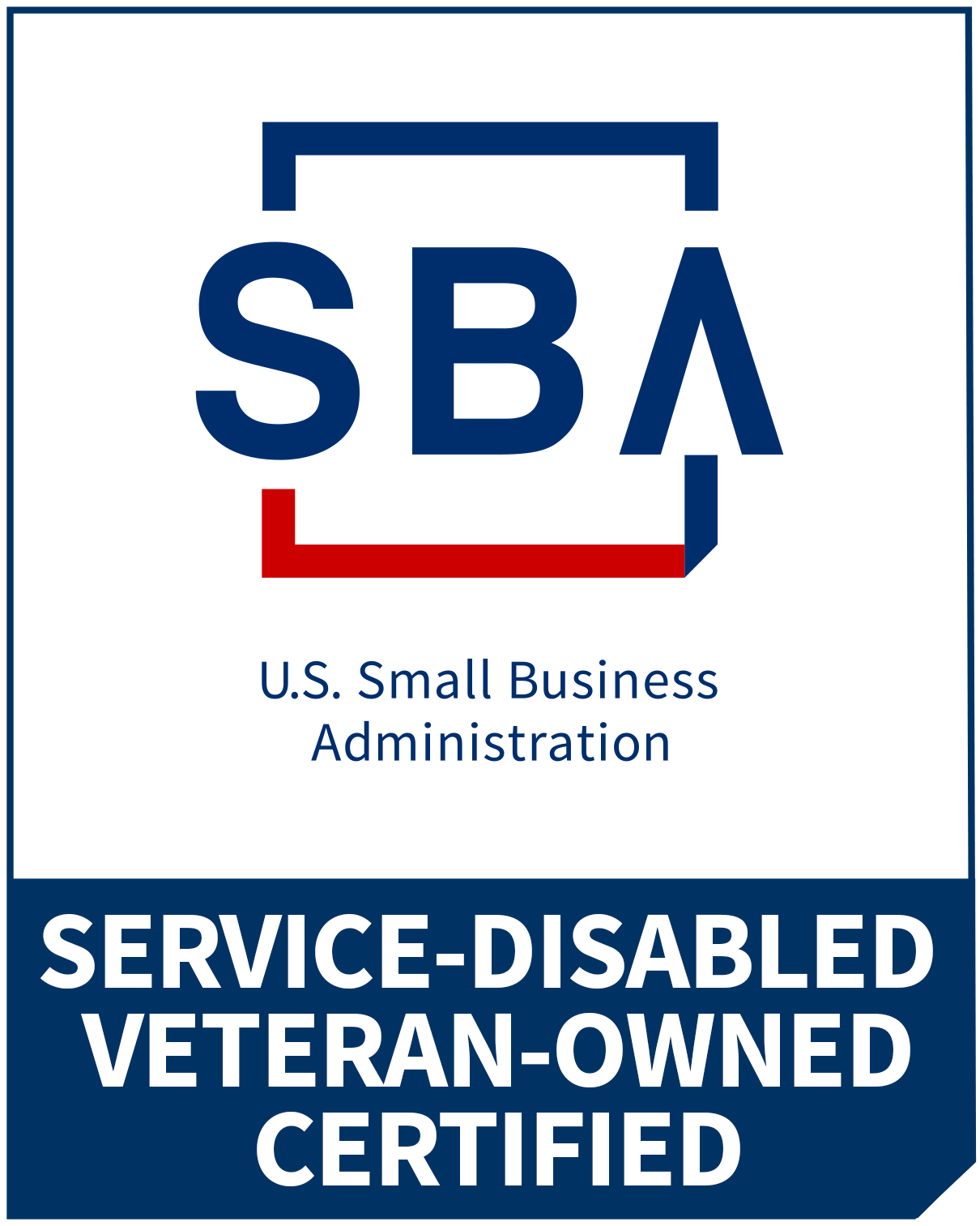One of the most fulfilling things I’ve ever done as a leader was build a team. Whether I’m actively looking or get a random call from a recruiter, usually the most intriguing potential aspect of a job is getting to hire people for a team. I’ve learned a lot of lessons over the years about that. Naturally first among them (and I learned this the hard way!) is to go out and hire immediately when you’re given the chance. I’m sure a lot of you are nodding your heads along with that sentiment.
When it comes to hiring a CX team, what’s most important? Well, the composition of the team will depend greatly on what part the new (or existing) team is supposed to play in the broader corporate landscape. There are too many branches and possibilities to get too much into the roles of any specific CX team based on its position in the organizational structure. You’ll surely have analysts, process engineers, perhaps some folks working on culture, and other important facets as well. But exactly the sorts of skills you’ll need, it’s hard to say generally.
But aside from the technical knowledge and capabilities, what are the characteristics of a good CX team member? Since CX is a pretty young field*, it’s hard aside from the few certifications that are out there to ensure someone’s proficiency in a technical field is adequately complemented by the knowledge and approach of a true CX professional.
Someone who’s spent time in a contact center or in a Customer-facing role is definitely going to be more likely than those who haven’t to understand the concepts of empathy and walking in the Customers’ shoes. That can be a great asset, especially if your role as a CX leader involves peers who own CS or sales functions. Not only is the legitimacy there by having someone on your team who can speak those languages, which will help you as you work to work between silos, but they can also bridge any gaps in your (or your team’s) lack of experiences. The bottom line there is that it’s great to have a diversity of experiences on any team…and a CX team even more so!
Diversity is great more broadly applied as well: We’re always told that we’re competing, when it comes to CX, not just with our own direct industry peers but also with our Customers’ other experiences in all walks of their lives. So why not bring in team members who have worked in other industries as well? Surely you’d not hire someone without any medical experience to be a provider of healthcare services. And you’d not hire someone with no history of woodworking in as a carpenter (unless we’re talking about apprenticeships or interns, of course). But CX is not only a very broadly-applicable field, you’re actually doing yourself a disservice to not expose your team to completely different perspectives. Hire someone with CX experience from the hospitality field if you’re building a team in tech. If you’re in the automotive field building out a new CX team (or expanding on one), be bold and hire someone who worked in education or non-profit. You’ll be surprised what they know that you’ve never thought of. And you’ll be surprised just how universal some universal truths are.
That leads me to my last, and in my opinion, most important piece of advice in building a CX team: Hire for Curiosity! You’ve no doubt heard of Jim Collins, and know of his admonition to get the ‘right people on the bus’, right? Well, curiosity is really the magical ingredient that makes that whole system work. He was speaking generally (and frankly, pretty boldly), and I’ve met many managers who use this theory, at least when hiring early-career folks: If you’re willing to learn and are basically smart, we can teach you the stuff you need to know in order to productively contribute here. Don’t worry if you don’t have experience in our field, we’ll get you there—you’ll learn from us. Well, Jim was on to something when it comes to CX, even if he didn’t know it (remember, From Good To Great was published in 2001).
I’ve hired some very technical people and some people for whom I didn’t even have a very good job description when I started off. I’ve hired some knowing exactly what I needed done, and some with more of a vague kinda-we’ll-figure-it-out-when-you-get-here vibe. In every instance, the key to success was curiosity. Successful candidates for jobs on my teams have always been those who demonstrate their curious nature through their experiences. I had one team member who explained to me how he’d accidentally electrocuted himself a couple times (minor, as I understand it) trying to re-wire a lamp in his parent’s house. Another BA I hired once told me of his excitement having developed a Design of Experiment and then getting to see it actually put into action in a testing environment (he didn’t have any experience in that line of science, but was fascinated to see how his work was being used there).
Believe me: Get a good, broad diversity of experiences (especially those you personally haven’t had yourself), and season it with a heavy helping of curiosity. If you hire for that, all else will fall into place for your CX team.
*I’m sure there are plenty who will quibble with that statement (that CX is new). While it’s certainly fair and true that the concept (and the practice) of Customer Experience has been around a long time, and surely it’s evolved (and continues to), it’s surely not in question that, as a profession itself—defined and recognized by others as a legitimate part of an overall corporate mission—we’re still kind of new. After all, the CXPA hasn’t even been around for a decade (founded in 2011) and Jeanne Bliss didn’t write her first book until 2006. When you think about Project Management, Change Management, Process Improvement, and other important aspects of our own diverse and multidisciplinary field, we’re the babies of the group!





